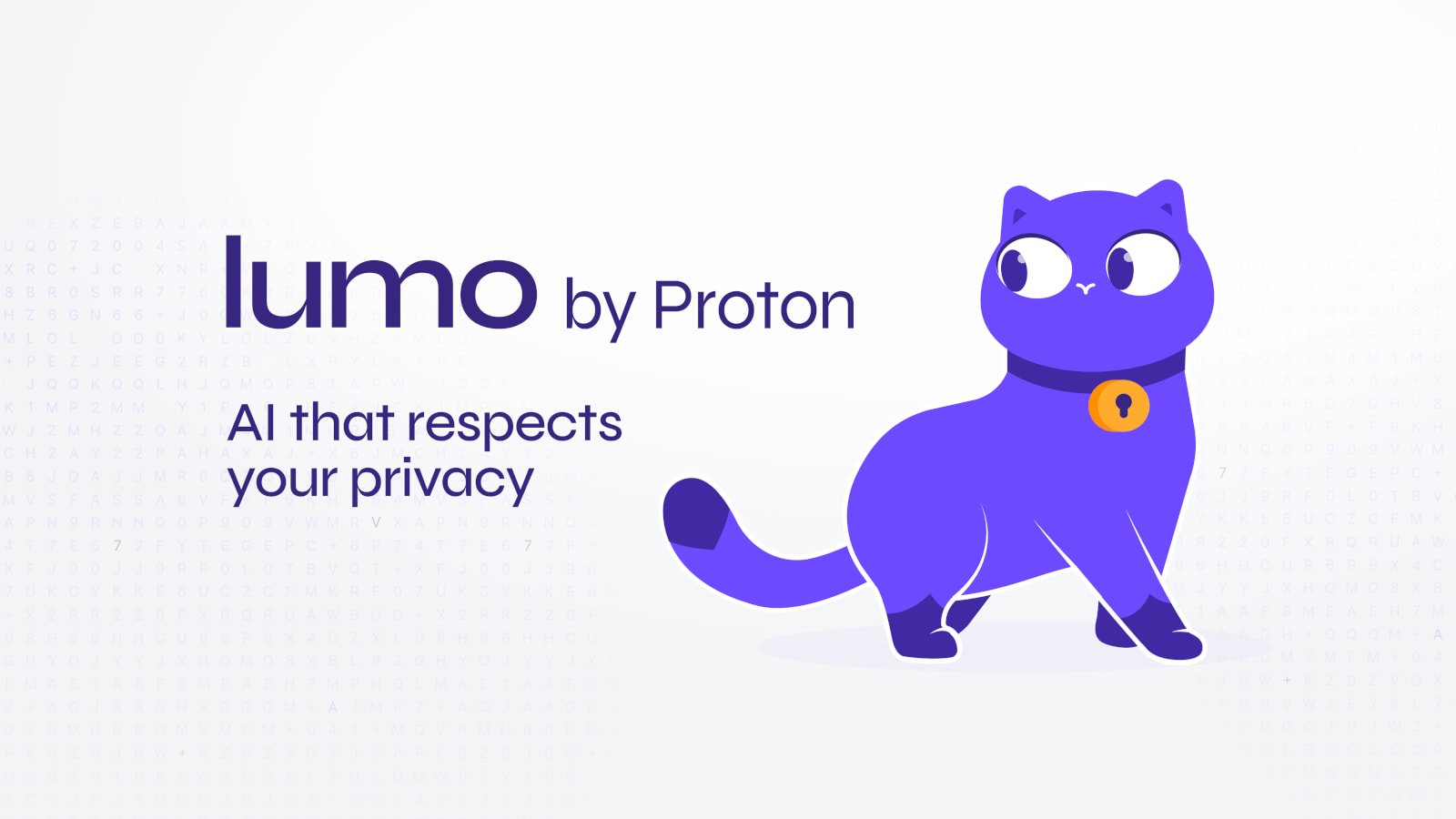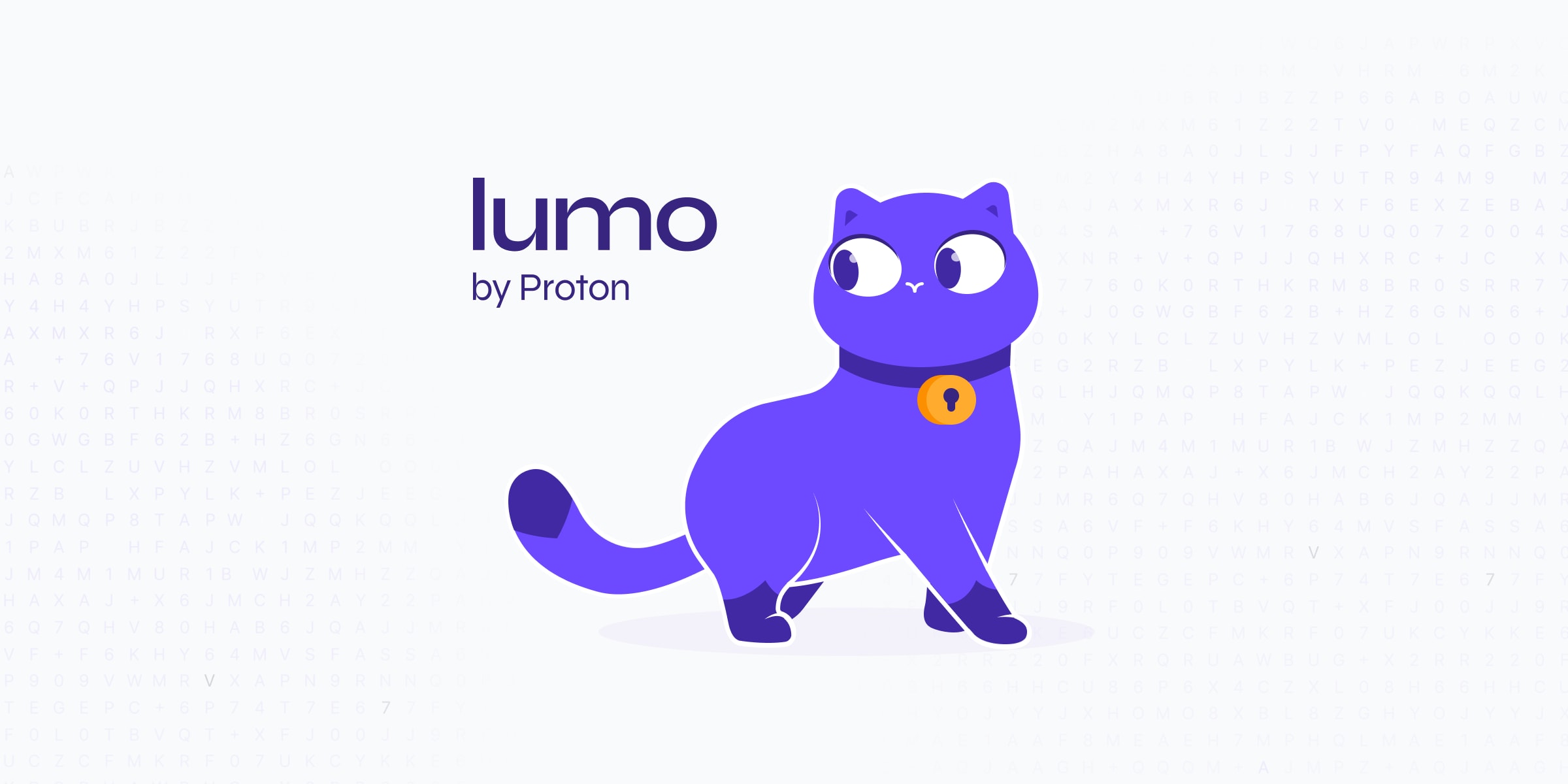On 7 August 2025, Proton launched Lumo, a privacy-focused AI assistant that applies end-to-end encryption. User queries and responses remain invisible even to Proton itself, as the AI models powering Lumo do not store conversations once interactions end. The service is available to paying Proton Unlimited, Business and Visionary subscribers, offering access to three different AI models: Anthropic’s Claude 3 Haiku, Mistral AI’s Mistral Large, and Proton’s own model, designed specifically to address privacy and security-related queries. Proton CEO Andy Yen emphasised that the primary goal behind Lumo’s development was to provide a secure alternative to other AI chatbots, which often rely on collecting and exploiting user data for commercial purposes.
By encrypting all conversations, Lumo guarantees that discussions remain private, with Proton itself unable to access them. The system also disables file downloads and other potentially harmful content by default, significantly reducing the risk of malicious activity. Unlike OpenAI or Google, Proton does not collect data for training purposes, nor does it use customer data to improve machine learning systems – a feature particularly attractive to privacy-conscious users. Proton has also imposed strict contractual safeguards with its model providers to ensure that data storage complies with its own privacy standards, which the company considers essential for maintaining user trust.
Lumo enters a highly competitive field, facing rivals such as ChatGPT, Google Gemini and Claude, but distinguishes itself with its unique privacy-first features. Currently available in English, French, Spanish, German, Italian, Portuguese and Ukrainian, Lumo only generates text for now. However, Proton plans to add image and document-processing capabilities in the near future. In the long term, according to Yen, the company aims to develop a fully proprietary AI model, enabling Proton to become completely independent of third-party providers while retaining Lumo’s privacy advantages – a factor the company believes will be key to standing out in an increasingly crowded AI assistant market.
Sources:











